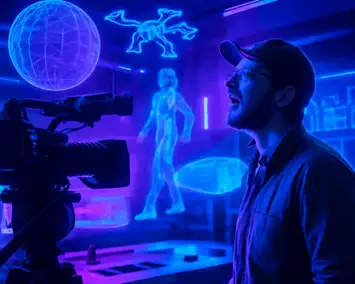The Sens-AI Framework emerges as a novel educational approach designed to address the challenges developers face when utilizing AI in coding tasks. As AI tools like Copilot and ChatGPT become integral to software development, developers have noted a prevalent issue: they often hit a plateau where AI outputs repetitive, incomplete solutions. Recognizing this, Andrew Stellman introduced the Sens-AI Framework to bridge the learning gap by reshaping how developers interact with AI, promoting a critical thinking model over mere trial and error. This effort, detailed at the O’Reilly AI Codecon event, pivots around helping developers transition from "vibe coding"—an improvisational strategy dependent on AI’s real-time suggestions—to structured problem-solving.
The framework distills insights gathered from observing where developers falter when using AI tools: inadequate prompt framing, context feedback, and critical evaluation of AI outputs. Stellman identifies five core habits within the framework: supplying context, conducting thorough research, reframing problems effectively, refining prompts, and exercising critical judgment on AI-generated suggestions. These components enable developers to harness AI more effectively, moving beyond surface-level interactions, and towards a deeper integration of AI into their problem-solving repertoire.
Adopting the Sens-AI framework appears to impact various stakeholders. Tech companies utilizing AI can anticipate more efficient workflows and reduced frustrations among their developers. For educators and training program designers, incorporating such frameworks into curriculums could better align learning outcomes with industry demands, fostering a generation of developers proficient in AI interactions. Furthermore, the framework suggests a shift in how regulatory bodies might need to consider AI training and certification, emphasizing not just tool proficiency but cognitive strategies in AI usage.
Looking forward, the implications of the Sens-AI framework in software development could be expansive. As AI technology continues to evolve, frameworks like Sens-AI might form the backbone of AI education, emphasizing adaptable thinking over rote memorization or reliance on AI-generated outputs. For developers, mastering such frameworks may become crucial, ensuring they remain competitive in an industry gradually shifting towards AI-assisted paradigms. Ultimately, the next steps include continual refinement of the framework as AI tools develop, potentially leading to more sophisticated, context-aware AI systems that developers can wield with increased precision and creativity.









